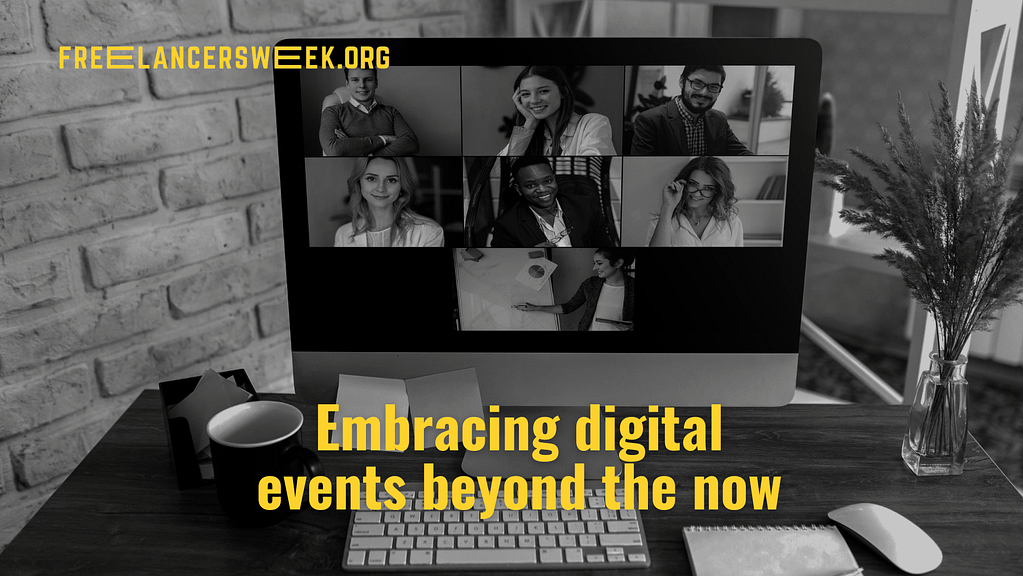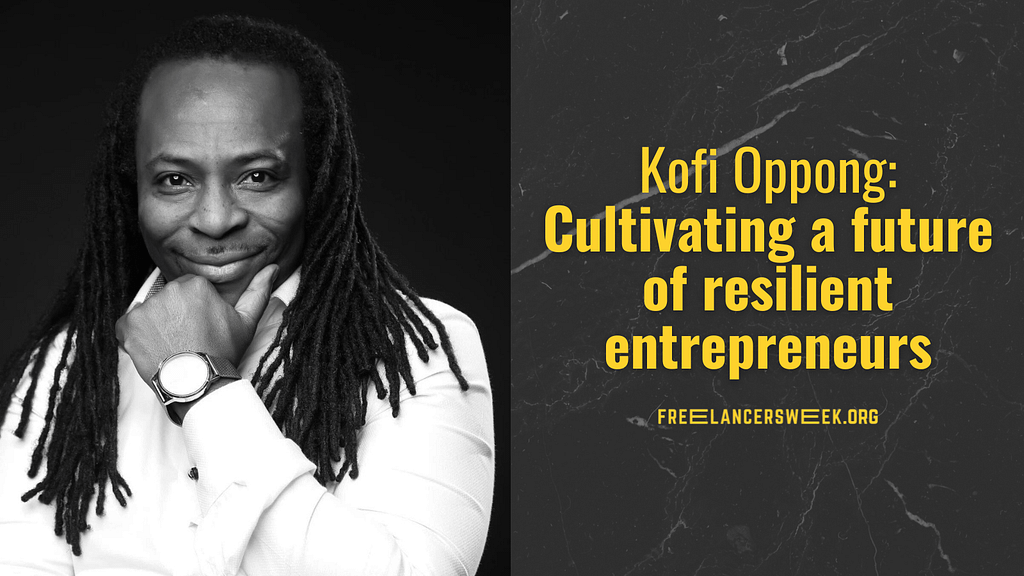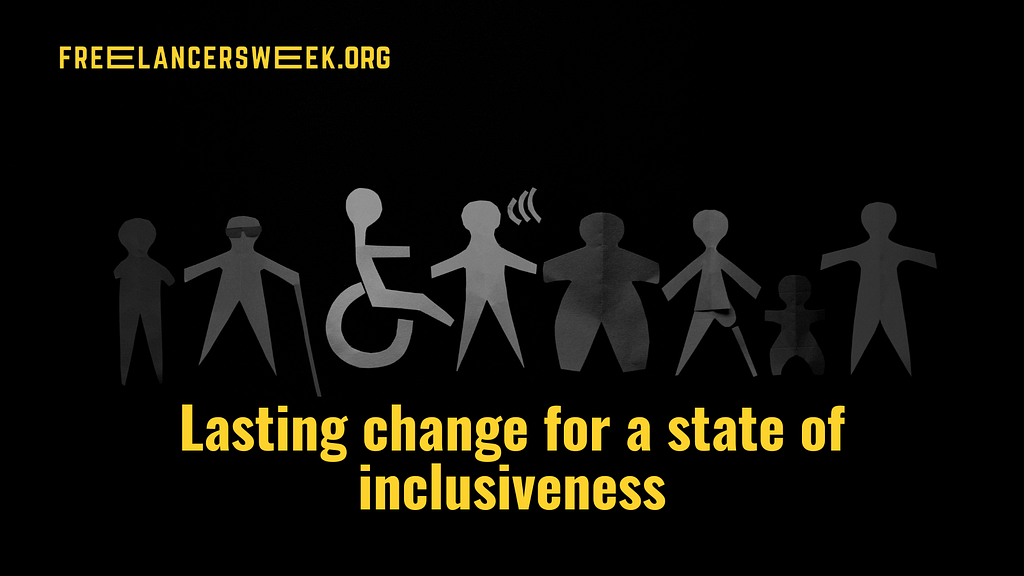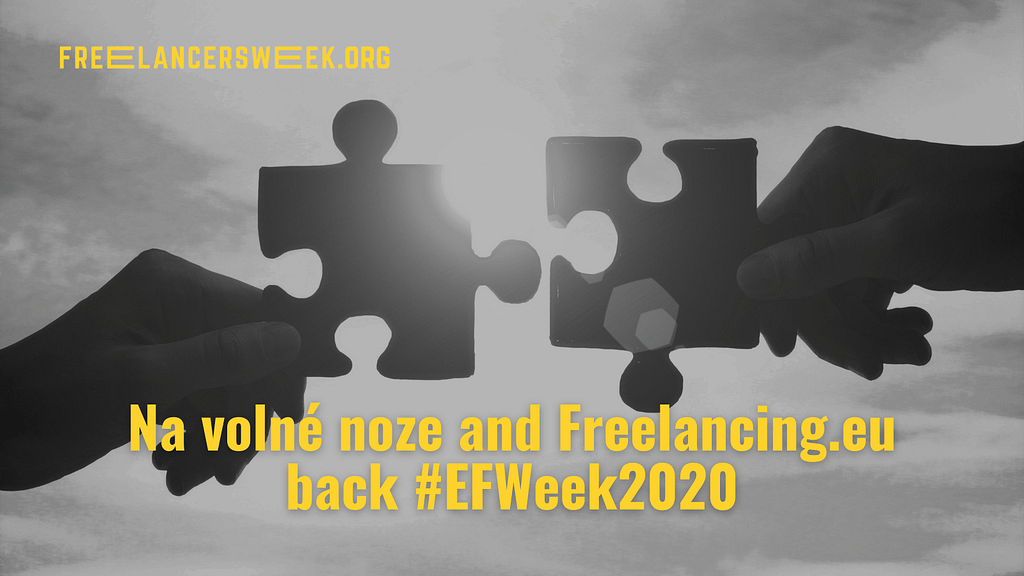Freelancers are a unique resource, providing business owners the ability to tap into flexible, high-level talent quickly and easily, and to agree pricing terms that suit the budget of the project at hand. This gives founders the distinct advantage of being able to quickly put together a curated team. This kind of agility in business is a valuable one.
When starting a company, you do so by plotting your personal strengths – your set of super skills – while also being honest and planning for the gaps in your tool-set. Then you pull in resources as and when they are needed. These resources, if freelance instead of full time, can allow the creation of a business model which is sustainable and highly dexterous.
When founding Do Company, I set out to establish a type of organisation more suited to the new age of work from anywhere – hyper-flexible, with no offices, a virtual team and capable of delivering services with pin-point accuracy wherever needed. I focused on minimising overheads and maximising flexibility by utilising a network of freelancers operating in a variety of complementary competencies and geographies. It’s an approach which has helped Do Co to weather the storm of the past year, while continuing to grow.
Our primary offer is the Nook Wellness Pod – an anti-dote to the disruptive nature of open-plan workspace, education environments, healthcare spaces and – when we are able to hold them again – events. To bring Nook to life and grow its influence in the changing workspace environment, I’ve enlisted the help of virtual assistants, marketeers, social media and digital marketing experts, 3D visualisation specialists, copywriters, photographers and videographers, as well as manufacturers, distribution agents and resellers, among others.
Do Company is also mine and my network’s vehicle for delivering thought leadership and consultation around new ways of working. We do that through panel discussions, workshops and business support. We also pull people together for retreats and to travel to support Nook Event Pods on location at events across Europe and North America. For me, the opportunity to link up with an ecosystem of freelancers specialised to each project keeps my business flexible, up to date and lean.
The fourth industrial revolution — the fusion of the digital, biological, and physical worlds, as well as the growing utilization of new technologies — accelerated by the pandemic, means that an organization, big or small, can be run efficiently without establishing an office in the traditional sense. Whether it is services that keeps the company running, like digital and marketing activities, or ones that complement the business, like a manufacturer or designer, we are no longer limited in our choices. We are no longer restricted to our borders either, with flexible banking, collaborative tools, automation processes and constantly developing new technologies.
Freelancers contribute to new types of companies while they themselves are forging ahead and creating new ones.
I find that setting up for one’s self can liberate the founder from structures considered challenging within larger organisations. It allows the individual to create the working conditions which suit themselves best. In a related way, freelancing can also be particularly attractive to some neurodivergent people.
Sara-Louise Ackrill, founder of Wired Differently has established a company looking to employ neurodiverse individuals as call centre agents, while also offering virtual assistant services to C-suite executives who are on the spectrum. This is a great example of new types of business, enabling the virtual economy, as well as catering for neurodiverse individuals.
Freelancers are paving the way forward and are making valuable contributions to businesses. If we’ve learnt anything from this past year it is that businesses need to be able to manoeuvre rapidly – the post pandemic world is one that needs to be flexible and responsive. One valuable source of this lies in the services that freelancers offer. The impact they will have on the world of distributed work, the new workplace and new types of hyper-nimble organisations is potentially game-changing. The changes we are currently seeing are just the tip of the iceberg.





